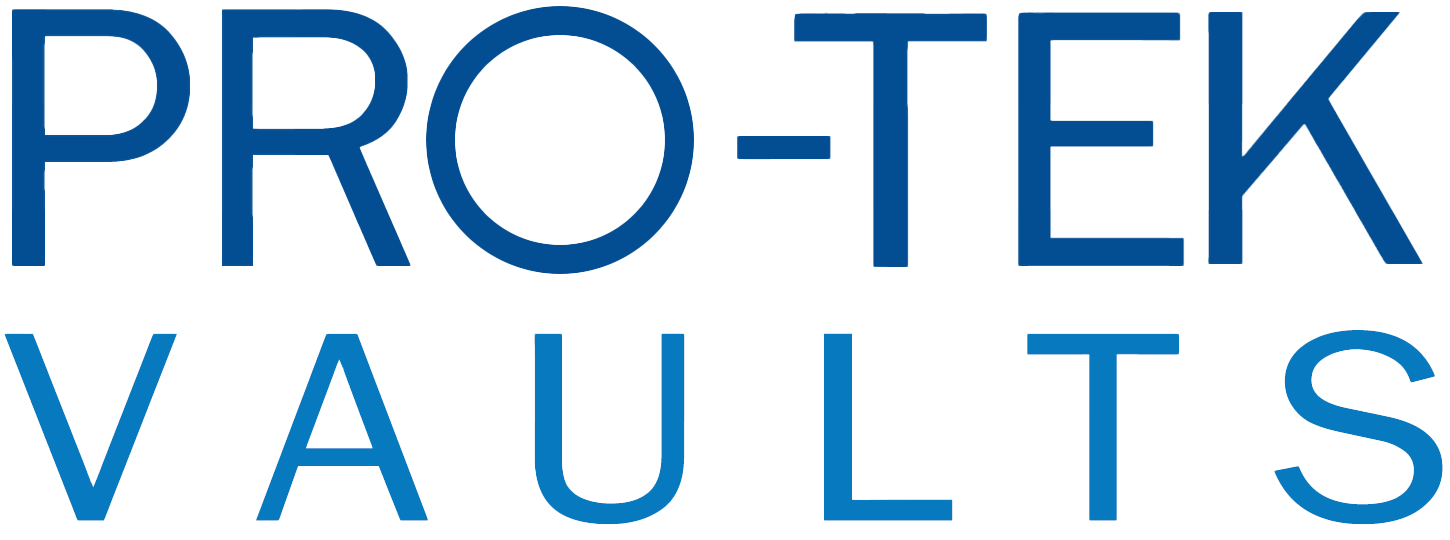
Preserve.
Optimize.
Monetize.
Optimize.
Monetize.
Safeguarding your film & digital content,
today and for generations to come.
today and for generations to come.












We are
Modern Media Management
BEEN THERE, DONE THAT
30 years experience
in preservation & archival storage
200K+
sq ft
of cold vault & acclimatized warehouse space
10K resolution
film scanning, featuring sprocketless transport for warped film handling
WE WORK WITH
Major Studios
Independent Studios & Production Companies
TV Networks
Streamers
Music Companies
Government & Corporate
Libraries & Institutions
Universities & Education
PROUD PEDIGREE
PRO-TEK Vaults was founded in 1994 by Eastman Kodak. We continue to build on that heritage of film preservation and industry leadership with ongoing investment in infrastructure, capabilities, and archival services.
WE'VE GOT YOU COVERED
Expertise
Our skilled technicians combine deep talents with modern digital technology to deliver industry-best results for both historical and contemporary content.
Security
Enjoy peace of mind knowing that your media materials will be safeguarded from degradation, hazards, and unauthorized access today, and easily accessible tomorrow.
Service
PRO-TEK is your partner, from understanding your vision for success to delivering personalized white-glove care, with attention to every detail.
Ready to speak to a PRO‑TEK specialist about your project?


